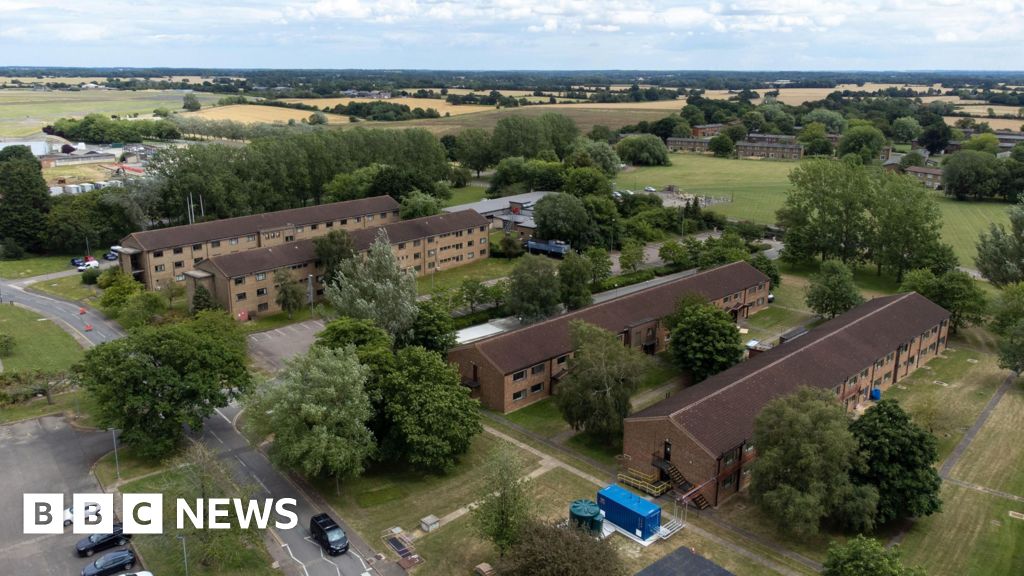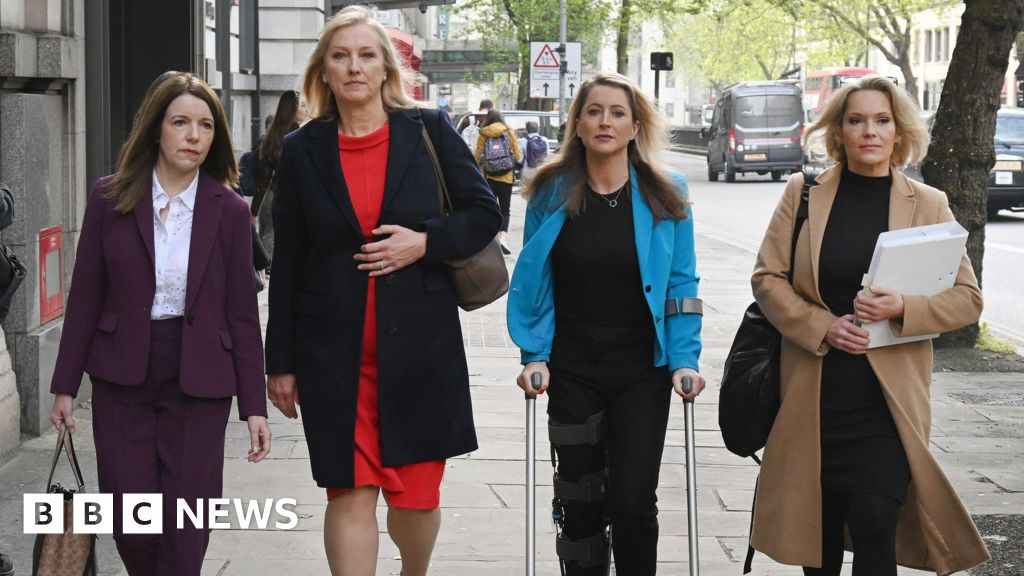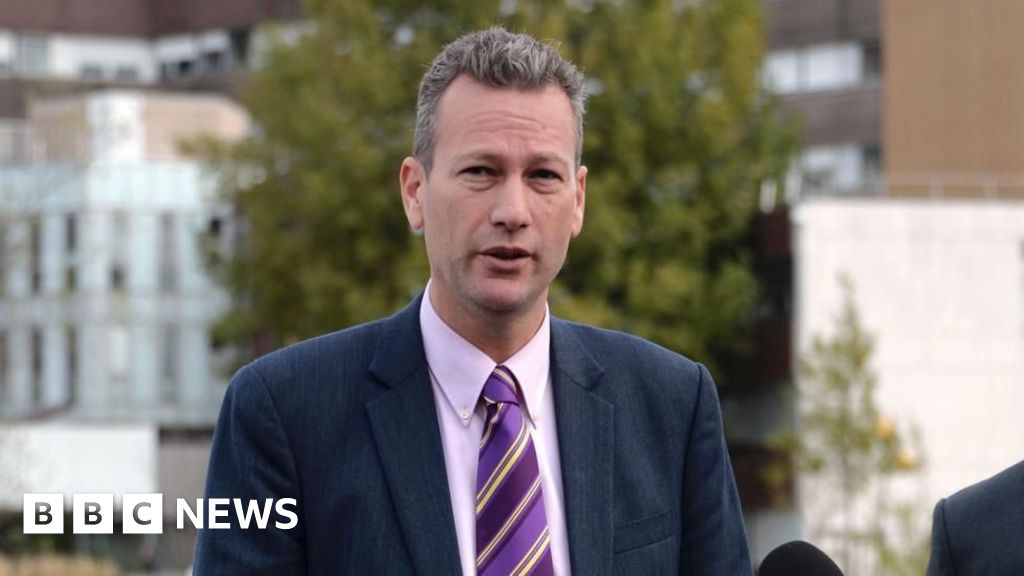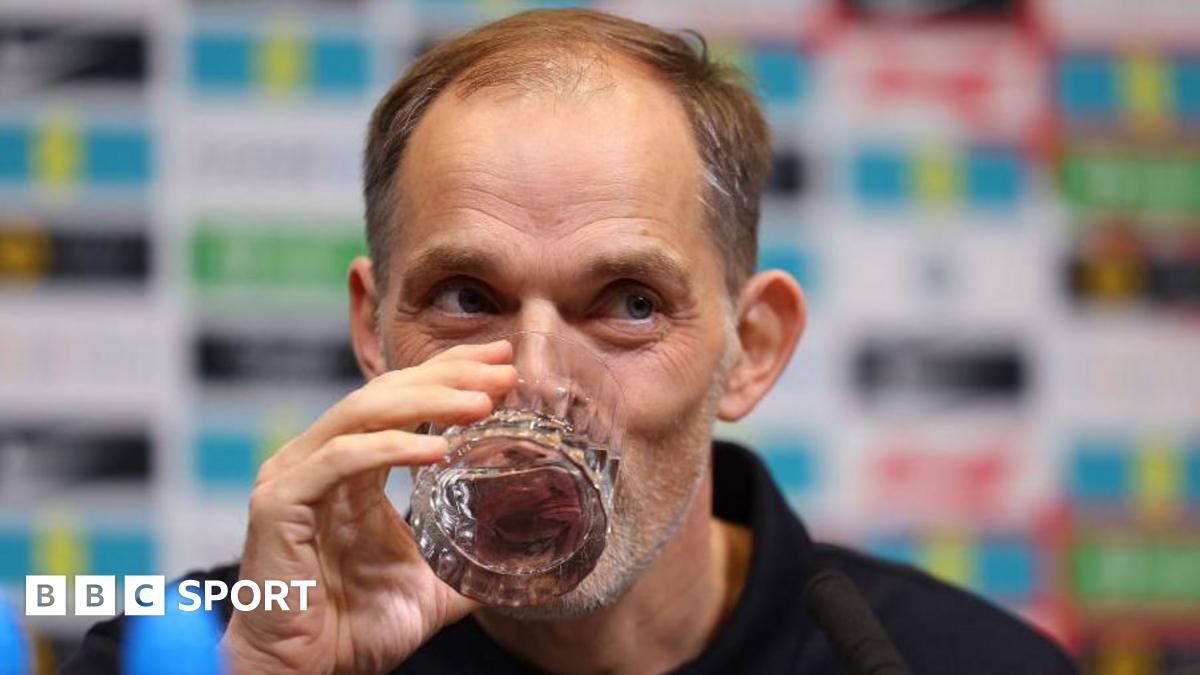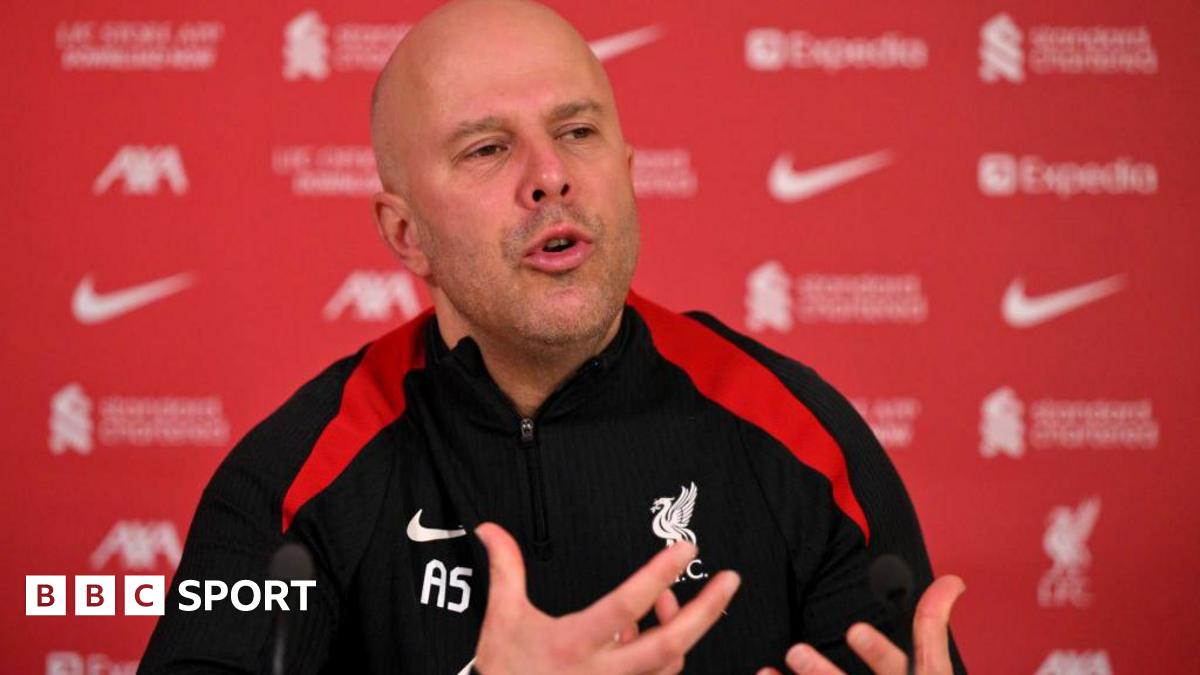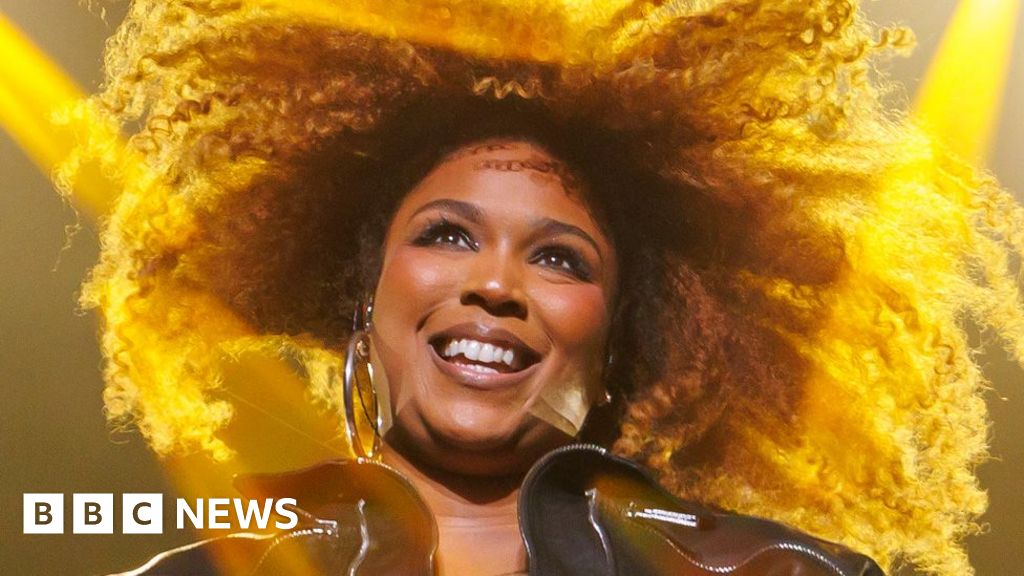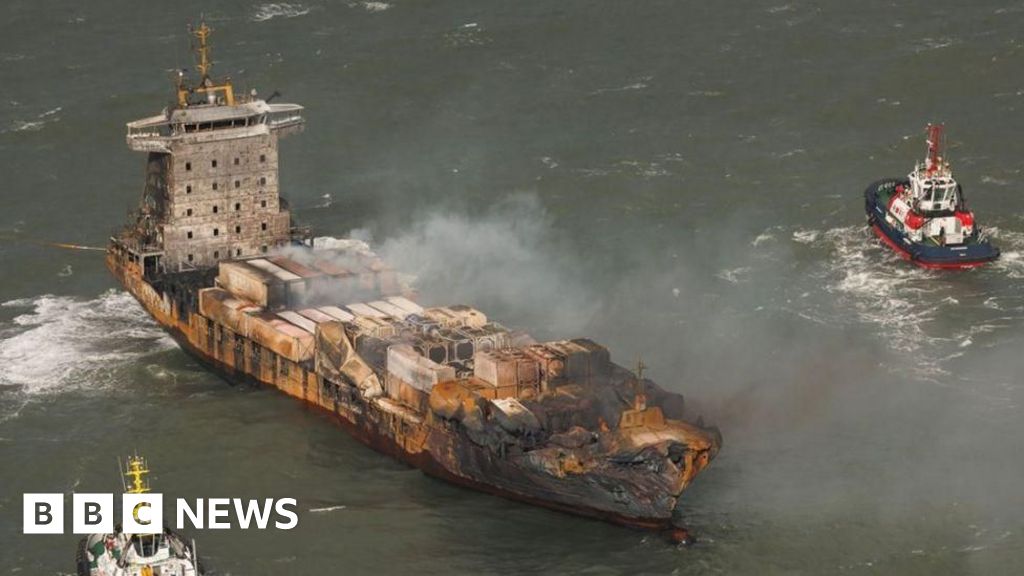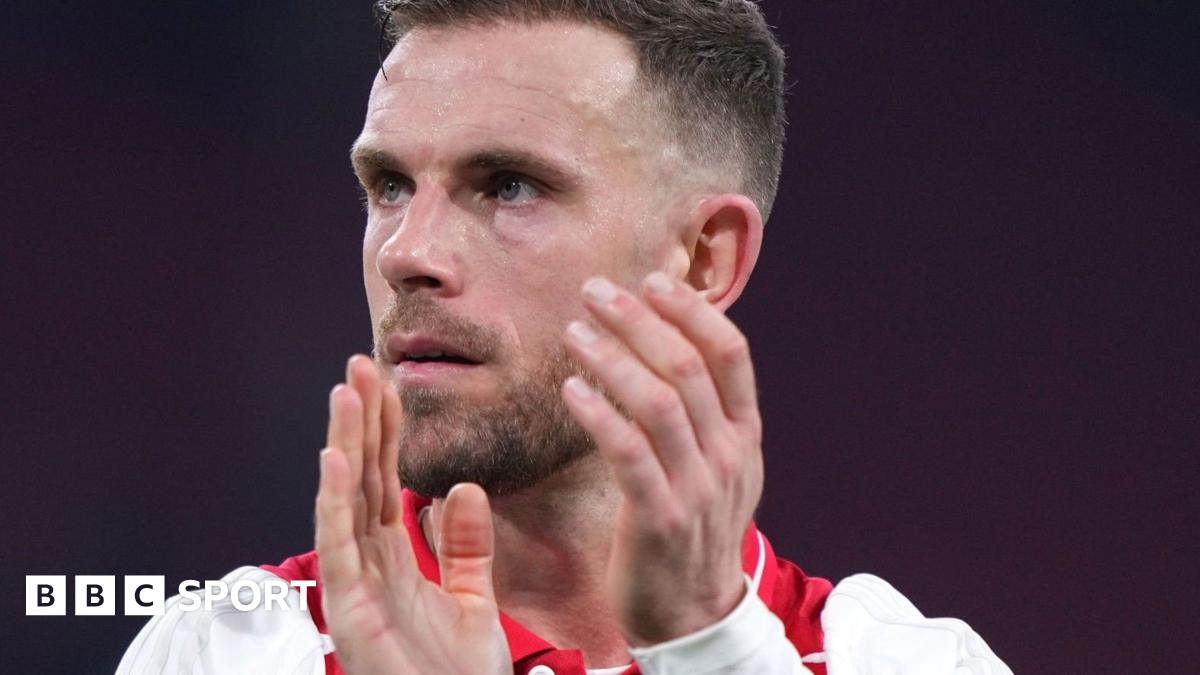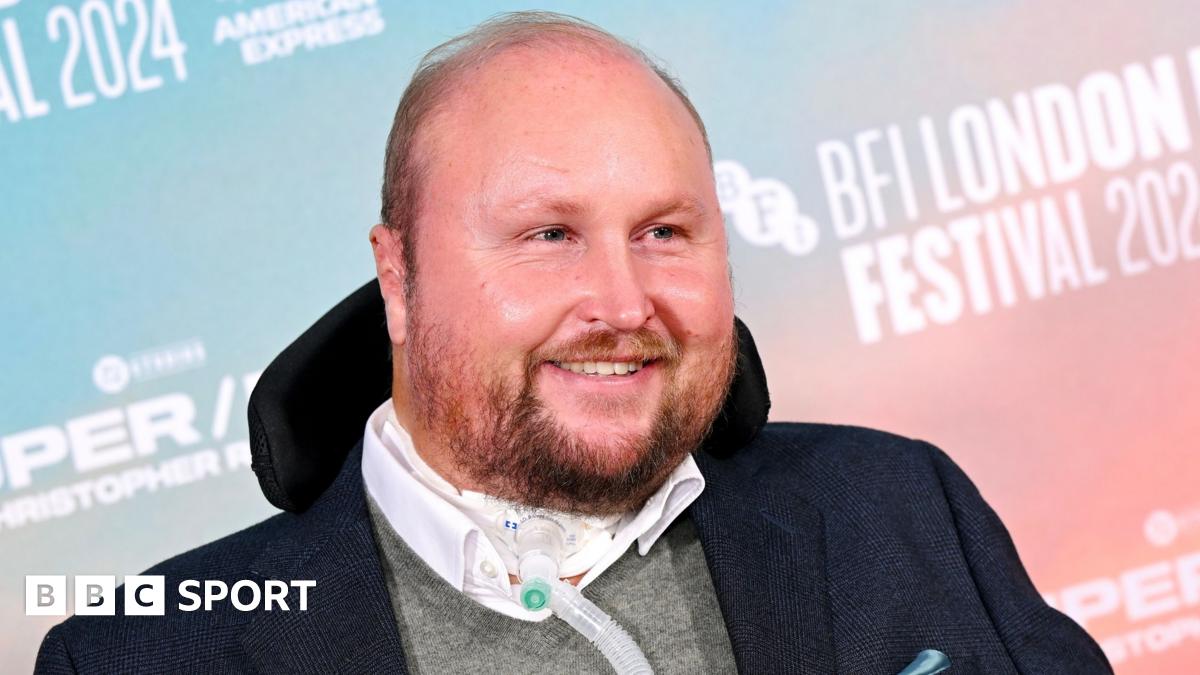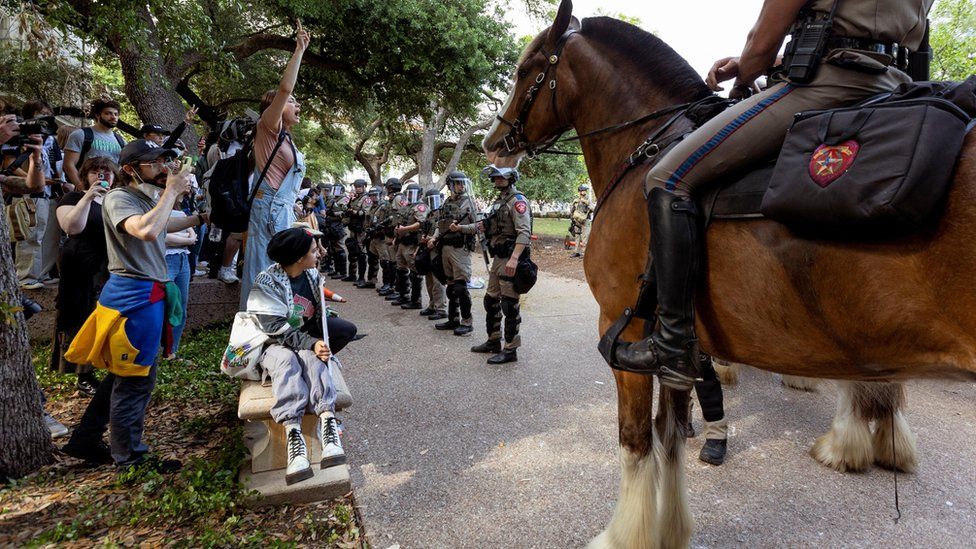 Image source, Reuters
Image source, Reuters
Protests have spread across campuses at US universities
By Bernd Debusmann Jr in New York & Emma Vardy in Los Angeles
BBC News
At dawn on Wednesday 17 April, a small group of students pitched their tents at Columbia University, demonstrating against Israeli military action in Gaza and calling on their university to stop doing business with companies they see as supporting the war.
They did so as Minouche Shafik, Columbia's president, made her way to Capitol Hill to face a Congressional grilling over antisemitism on campus and how she was tackling it.
In nearly four hours of questioning that Wednesday, she defended actions she was already taking. Students, she said, were "getting the message that violations of our policies will have consequences".
The next afternoon, the Columbia president made a decision that would ignite a wildfire of protest at colleges across the United States.
The students at the protest camp were trespassing, had refused to leave and had created a "harassing and intimidating environment" for many of their peers, she said.
She was sending in the NYPD.
Soon after, officers from the largest police department in the US, wearing riot gear and wielding plastic handcuffs, arrested more than 100 students - the first time mass arrests had been made on Columbia's campus since Vietnam War protests more than five decades ago.
Image source, Getty Images
Image caption,Protesters at Columbia say that recent arrests encouraged more students to join and inspired peers at other universities
"It was a shock to us all," said Rashida Mustafa, a doctoral student at Columbia. "I was in disbelief. But it felt like a call to action."
The outrage among students was immediate. By the next day, another protest camp was established at a different lawn just a few metres away.
It was much bigger than before, having swelled from a small number of tents to a congested campsite, complete with buffet-style meals of donated food, live performances and a "security team" at the gate watching for infiltrators.
A day later, another protest camp was set up just over 70 miles (112km) north-east of Columbia, at Yale University in Connecticut, another elite institution.
By the middle of this week, demonstrations were taking place at dozens of campuses across the country. The Columbia students had sparked a national protest movement.
Watch: How Gaza campus protests spread across the US
The students' anger over how Israel is fighting its war against Hamas has raised fraught questions for university leaders, who are already struggling with combustive campus debates around what is happening in the Middle East.
How do they balance the right to protest and free speech with the need to protect other students from harm and abuse? When do they send in the police to enforce university policies, knowing heavy-handed responses will be filmed and appear instantly on millions of social media feeds?
At Yale, police arrived at a protest encampment in the heart of the campus in the early hours of 22 April as many students were still asleep. Nearly 50 students were arrested after refusing to leave, with some locking arms around a flagpole.
"They came very quickly, and with no warning. Droves of police just poured into the plaza," Chisato Kimura, a law student, told the BBC from New Haven.
"Seeing a militarised force, invited by Yale to come onto campus, was very jarring," she added. "We were peacefully protesting."
US college campuses have been a flashpoint for Gaza war protests since Hamas attacked Israel on 7 October, killing about 1,200 people - mostly civilians - and taking 253 others back to Gaza as hostages. Since then more than 34,000 people, most of them women and children, have been killed in Gaza, according to the Hamas-run health ministry.
But the past 10 days have seen the most intense and widespread US protests of the past six months. Simmering tensions boiled over after the first Columbia camp was cleared - clashes and arrests followed elsewhere.
At the University of Texas at Austin, state troopers - some on horseback - stopped hundreds of students occupying a university lawn on Wednesday. At Emory University in Atlanta, a female professor was wrestled to the ground by a police officer, and a video of her being stopped and handcuffed went viral on Thursday.
Watch: Gaza protesters clash with police at Emory University
Police have also taken on protesters at Emerson College in Boston, George Washington University in Washington DC, New York University and the University of Southern California (USC).
The protest encampments are calling on university administrators to "divest" school endowments from companies they perceive as linked to Israel's war in Gaza, cut ties with Israeli academic institutions and formally call for a ceasefire
Some Jewish students and faculty have said they fear for their safety. And these concerns are part of what has prompted university officials, including Ms Shafik, to call in police.
"Students have a right to protest," said Page Fortna, a political science professor at Columbia. "But they don't have a right to protest in a way that makes other students feel discriminated against or harassed."
In interviews this week, Jewish students at several campuses spoke of incidents that made them feel uncomfortable, ranging from chants and signs supporting Hamas, a proscribed terror group, to physical altercations and perceived threats.
Eli Kia, a 22-year-old Jewish student at USC, said the protests had left him with a constant sense of unease and fear. He has begun hiding a Star of David he wears on a chain.
"It's challenging to feel safe coming to school every day," he told the BBC. "There's that second thought when you walk on campus of 'what am I going to walk into?' and 'what am I facing?', and 'who's potentially coming after me?'"
Image source, Getty Images
Image caption,Jewish students at schools across the US have reported incidents of antisemitism and harassment since the protests began
Many protesters have sought to distance themselves from antisemitic incidents and in some cases they have blamed outside agitators. They say that many Jewish students have joined the protests and that the focus should be on the civilian death toll in Gaza.
As negotiations between institutions and students grind on, many demonstrators - and their outside supporters - are convinced that what they see as heavy-handed police tactics will help keep the movement going.
"This is a movement that started with only 70 students," Minnesota Representative Ilhan Omar, a Democrat fiercely critical of the Biden administration's Gaza policy, told the BBC while visiting the Columbia encampment this week.
"And because Columbia University decided to crack down on them and violate their first amendment, this has now spread nationally and internationally."
Her daughter was one of the Columbia protesters arrested.
Omar Zegar, a protester at USC, said he believed Columbia was only the start of a wider movement. "I think a lot of universities nationwide will begin doing these encampments," he said. "The police escalated the situation."
For some observers, the protests hark back to the 1960s, and demonstrations against US involvement in the Vietnam War.
Marianne Hirsch, a Columbia professor who participated in the 1960s protests, told reporters this week that - like with the Vietnam War - the situation in Gaza should make it "impossible to continue business as usual".
Image source, Getty Images
Image caption,Columbia was rocked by student protests against the Vietnam War in 1968, leading to hundreds of student arrests.
The wave of protests also adds to a politically stressful time for President Joe Biden, who has been criticised by some for his country's backing of Israel, as he campaigns for re-election.
Some Democrats fear thousands of protesters will swarm this summer's national convention in Chicago, where the party will formally make him its presidential nominee. The 1968 convention, also in Chicago, was overshadowed by Vietnam War demonstrations.
Ahmad Hasan, a USC graduate who attended rallies this week, said he believed that the student protests would have a wider impact on US attitudes.
"It has always rested on students to tell people that this is not right," he said, "that we won't stand for this."

 10 months ago
60
10 months ago
60
